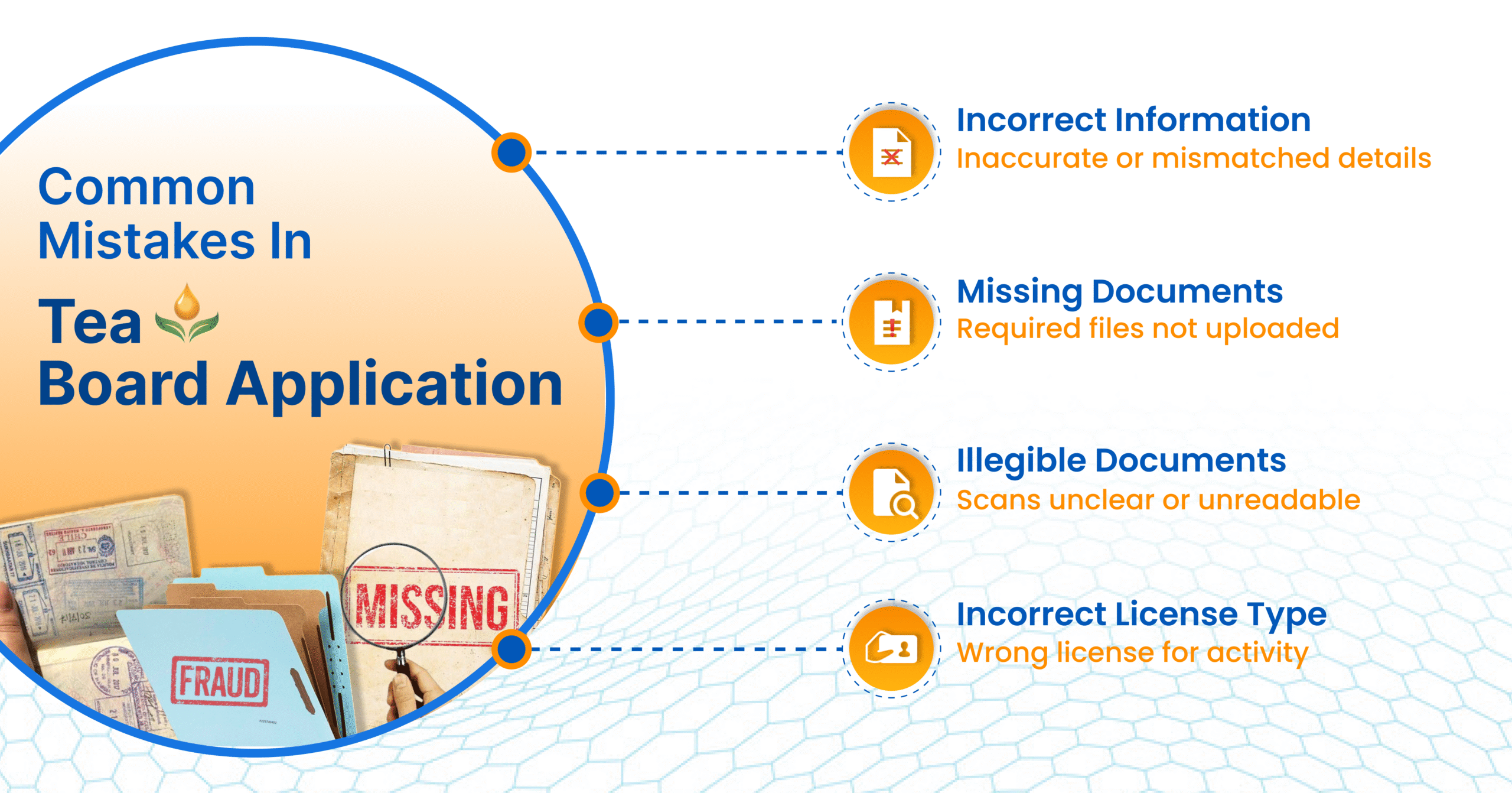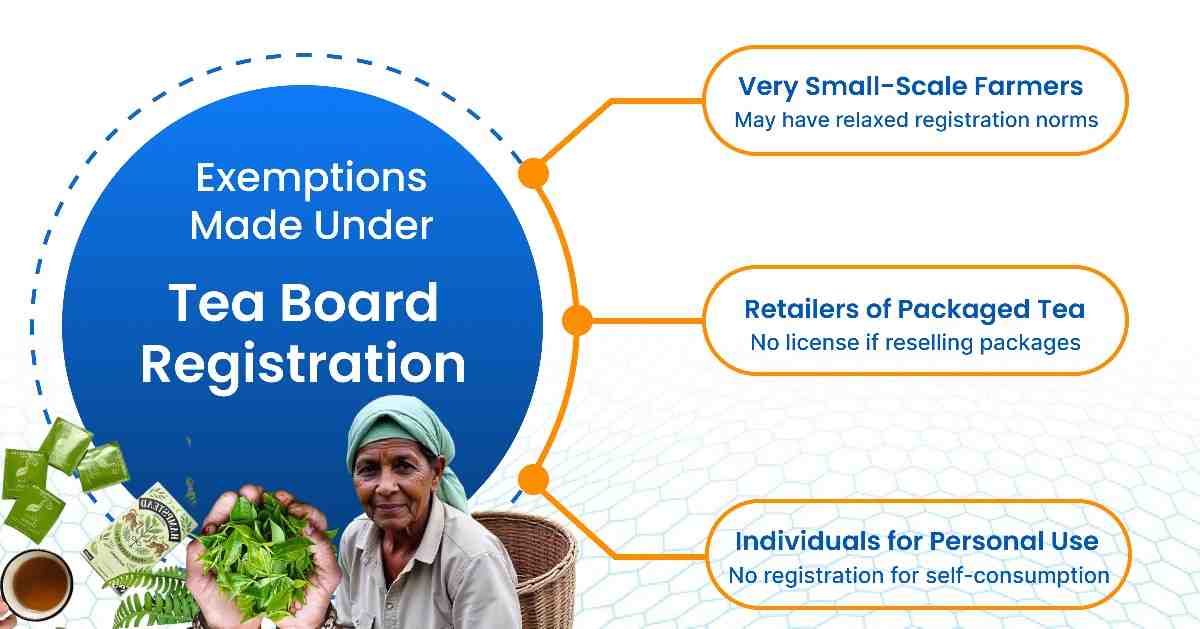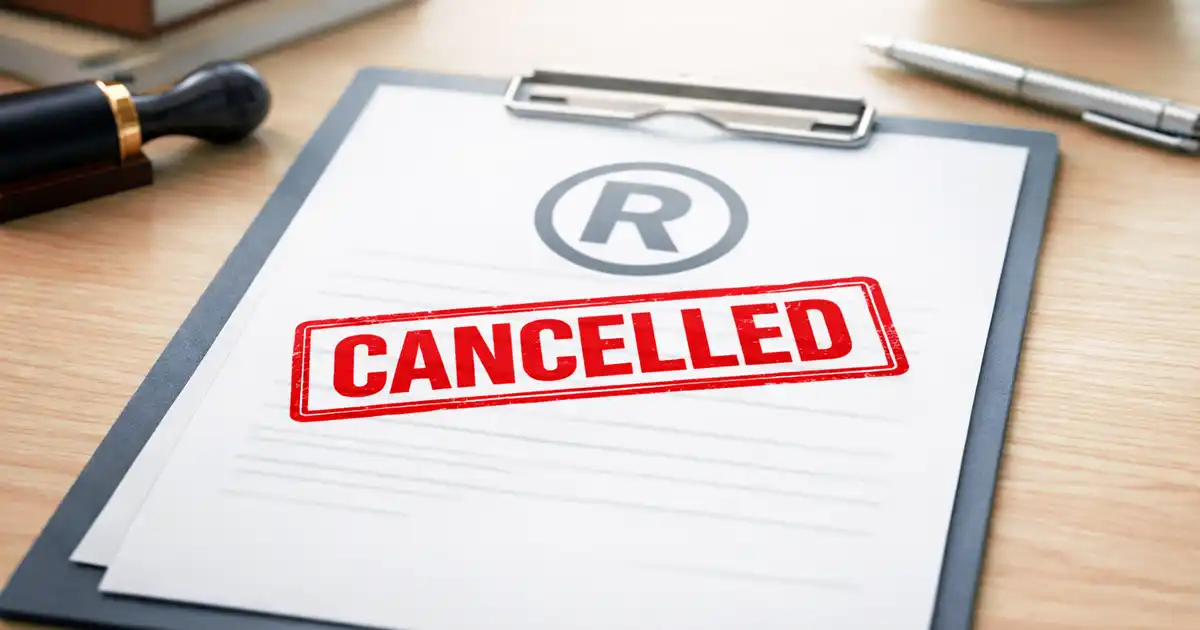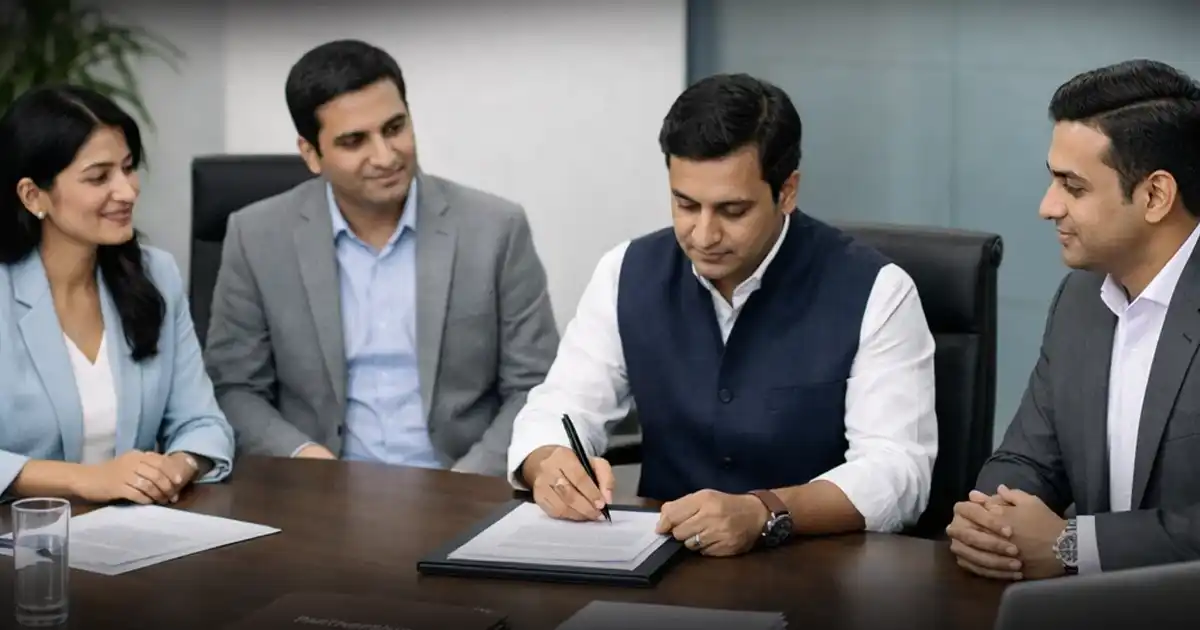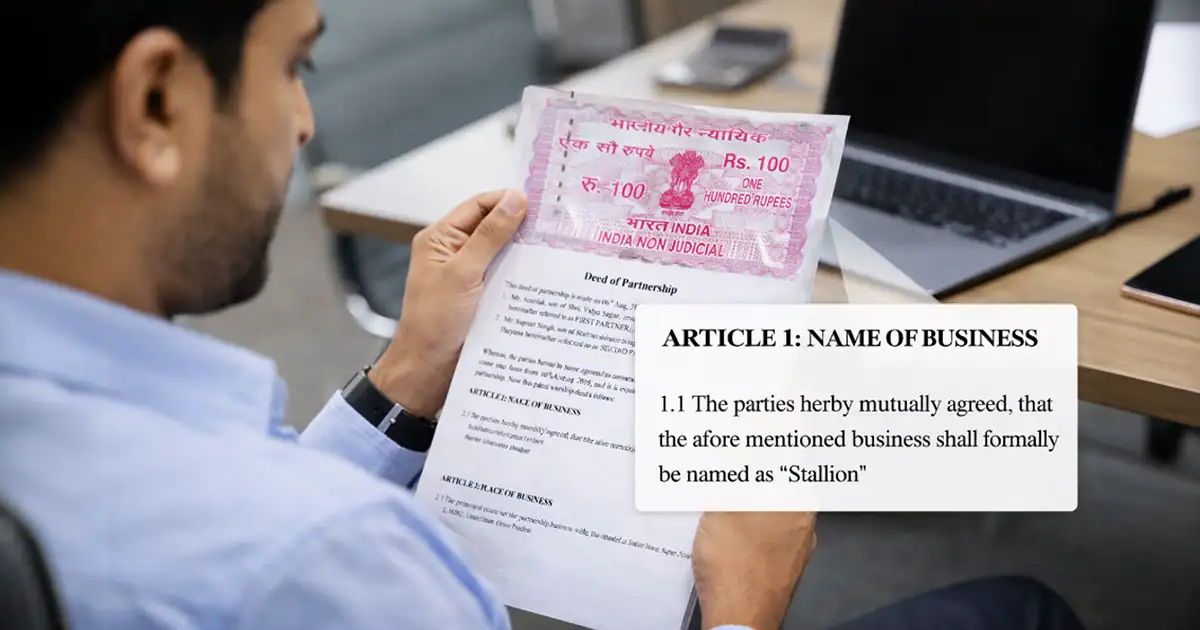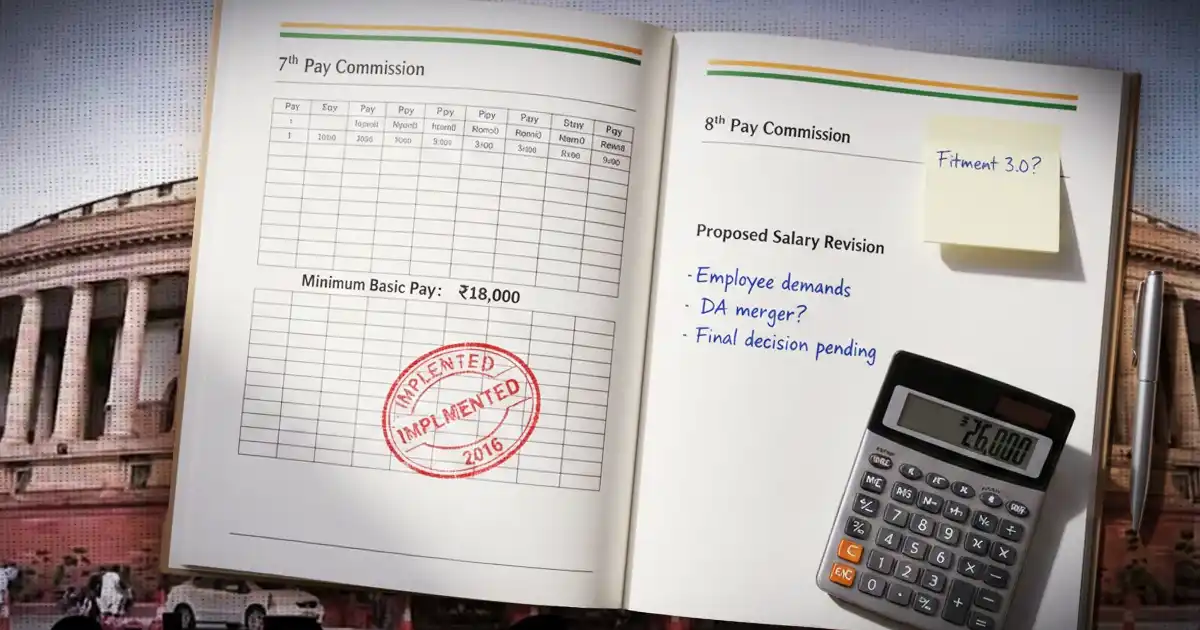Tea Board of India registration refers to the official licensing and authorization required by various entities involved in the tea industry in India. The Tea Board of India, a statutory body established by the government, oversees the entire tea sector, from cultivation to export.
Obtaining a license from them is not just a formality; it's a critical legal requirement that brings numerous benefits to your business.
Tea Act 1953
The foundation of Tea Board registration lies in the Tea Act, 1953. This Act empowered the Central Government to control and develop the tea industry. It led to the establishment of the Tea Board of India on April 1, 1954. The Act grants the Tea Board wide-ranging powers to:
- Regulate tea production and cultivation.
- Improve tea quality.
- Promote cooperative efforts among growers and manufacturers.
- Undertake, assist, or encourage scientific and economic research.
- Regulate the sale and export of tea.
- Register and license manufacturers, brokers, tea waste dealers, and blenders.
- Improve the marketing of tea in India and abroad.
- Collect statistics and secure better working conditions for tea workers.
Therefore, any business dealing with tea needs to comply with this Act through proper Tea Board registration.

